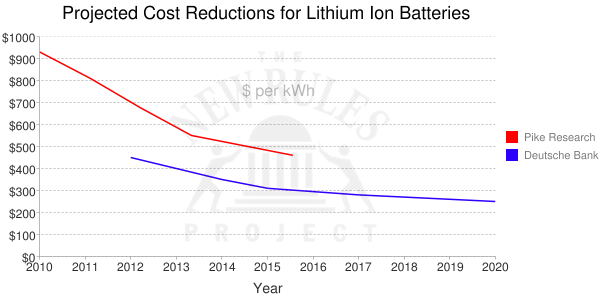Nubo
Well-known member
We are seeing pronouncements from Chevy, Tesla, Nissan… Seems like they're all going to be making "affordable" 200-mile EVs within just 2 or 3 years.
How is this possible?
Is there some major change in cost per battery kWh on the horizon?
Are they counting on some huge influence on the battery marketplace from the Tesla Gigafactory?
Some new battery technology that's being kept close to the chest? Magnesium-ion? Other?
Why does an affordable 200-mile EV make economic sense to manufacture in 2017 but today we have less than half of that?
How is this possible?
Is there some major change in cost per battery kWh on the horizon?
Are they counting on some huge influence on the battery marketplace from the Tesla Gigafactory?
Some new battery technology that's being kept close to the chest? Magnesium-ion? Other?
Why does an affordable 200-mile EV make economic sense to manufacture in 2017 but today we have less than half of that?

